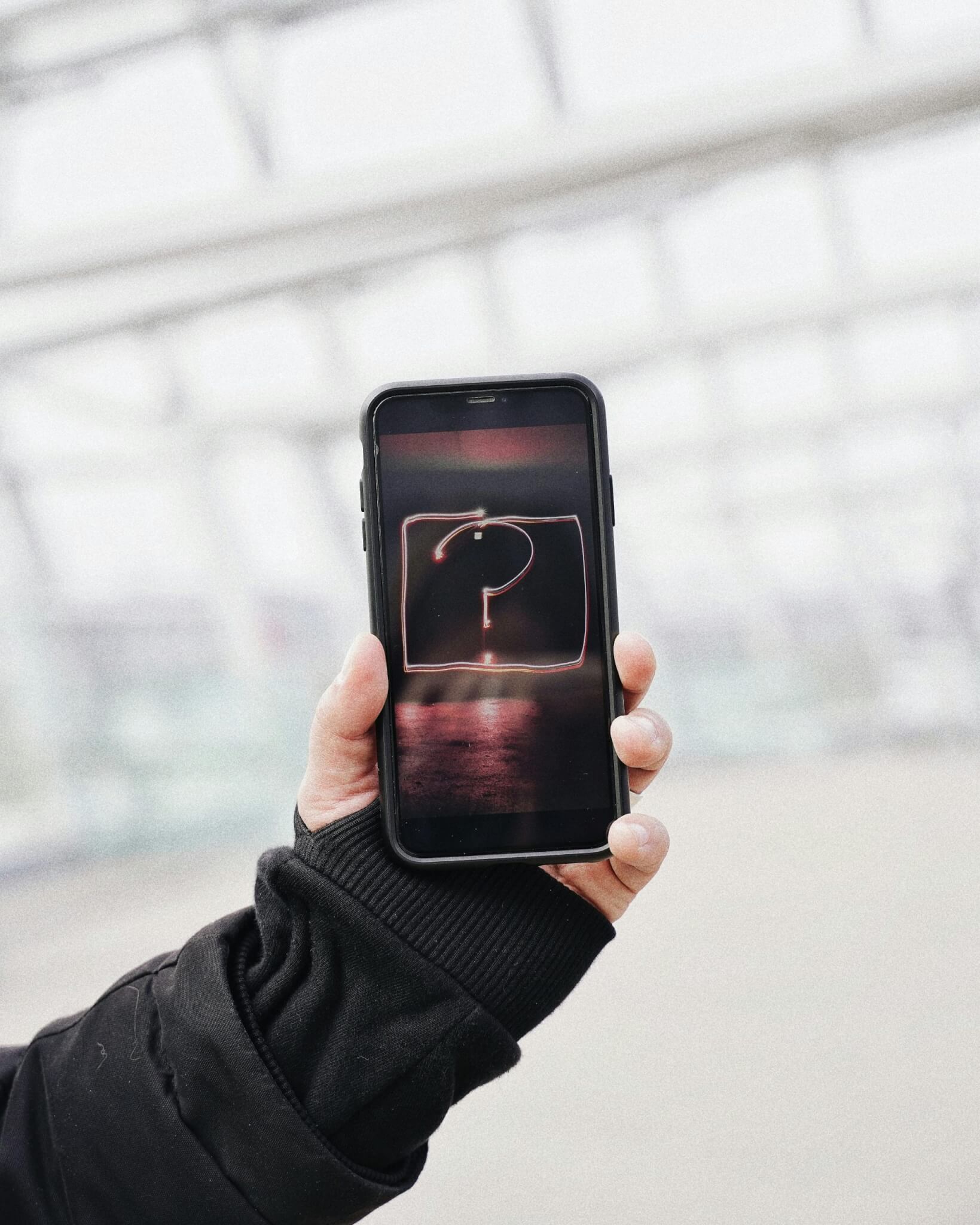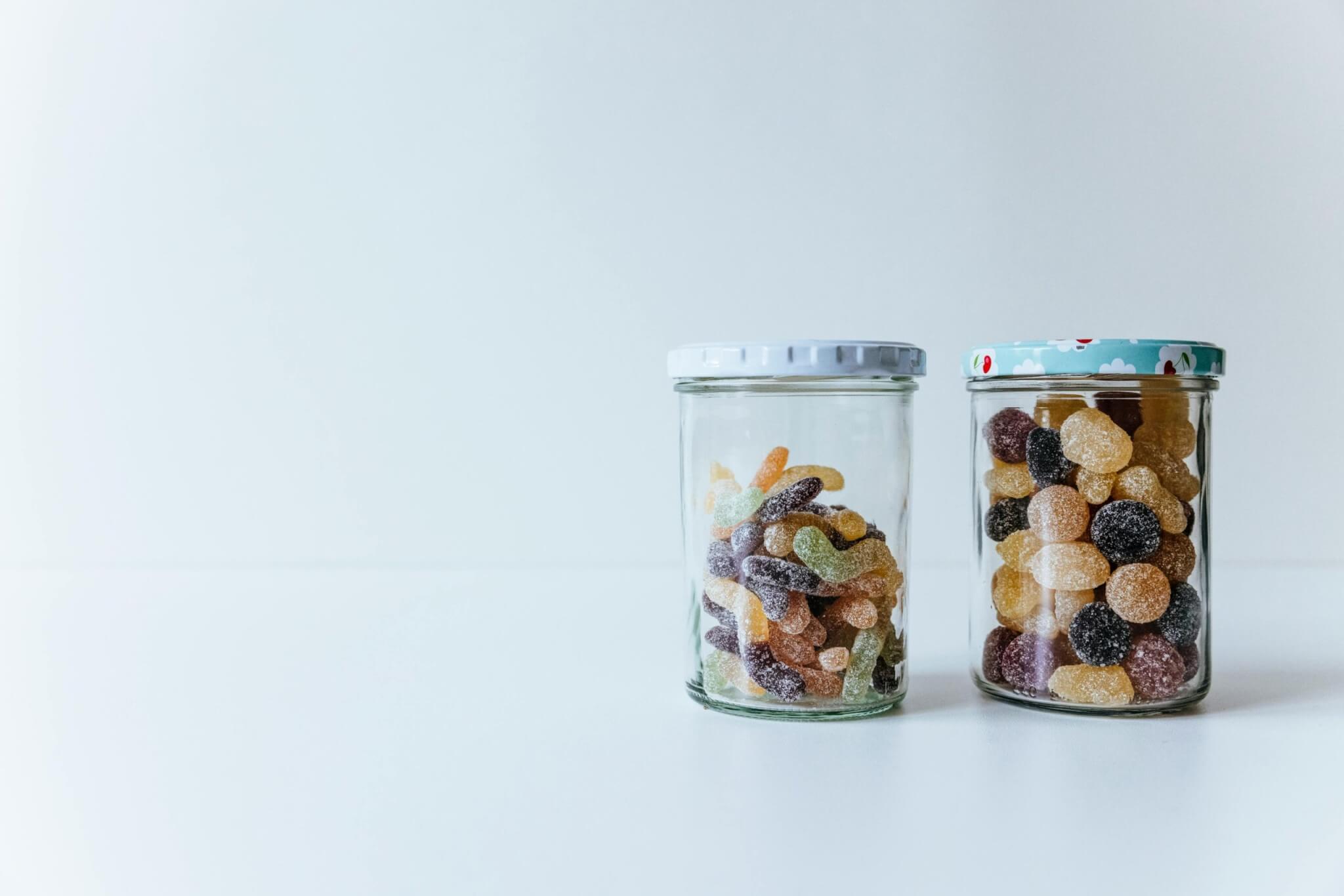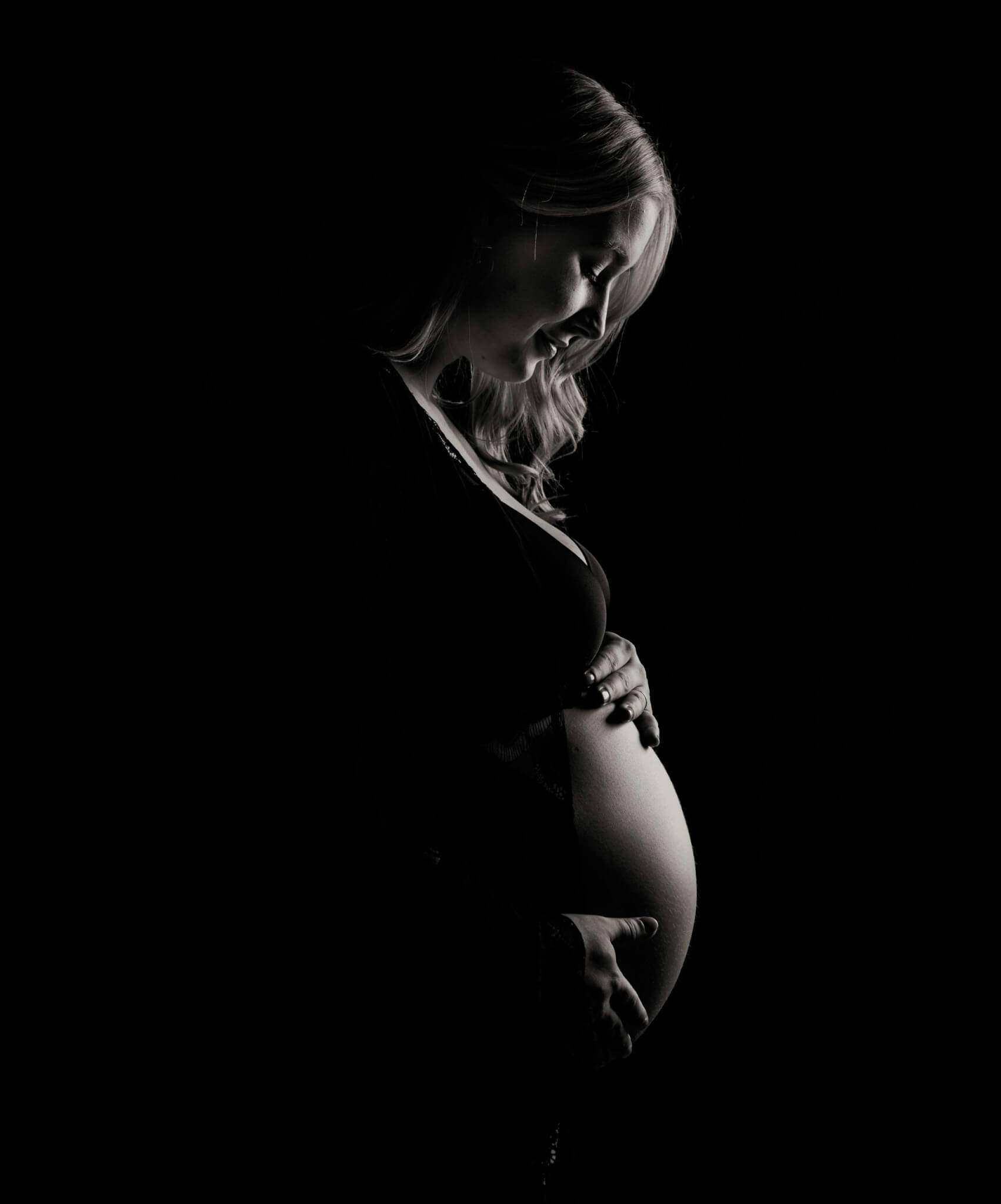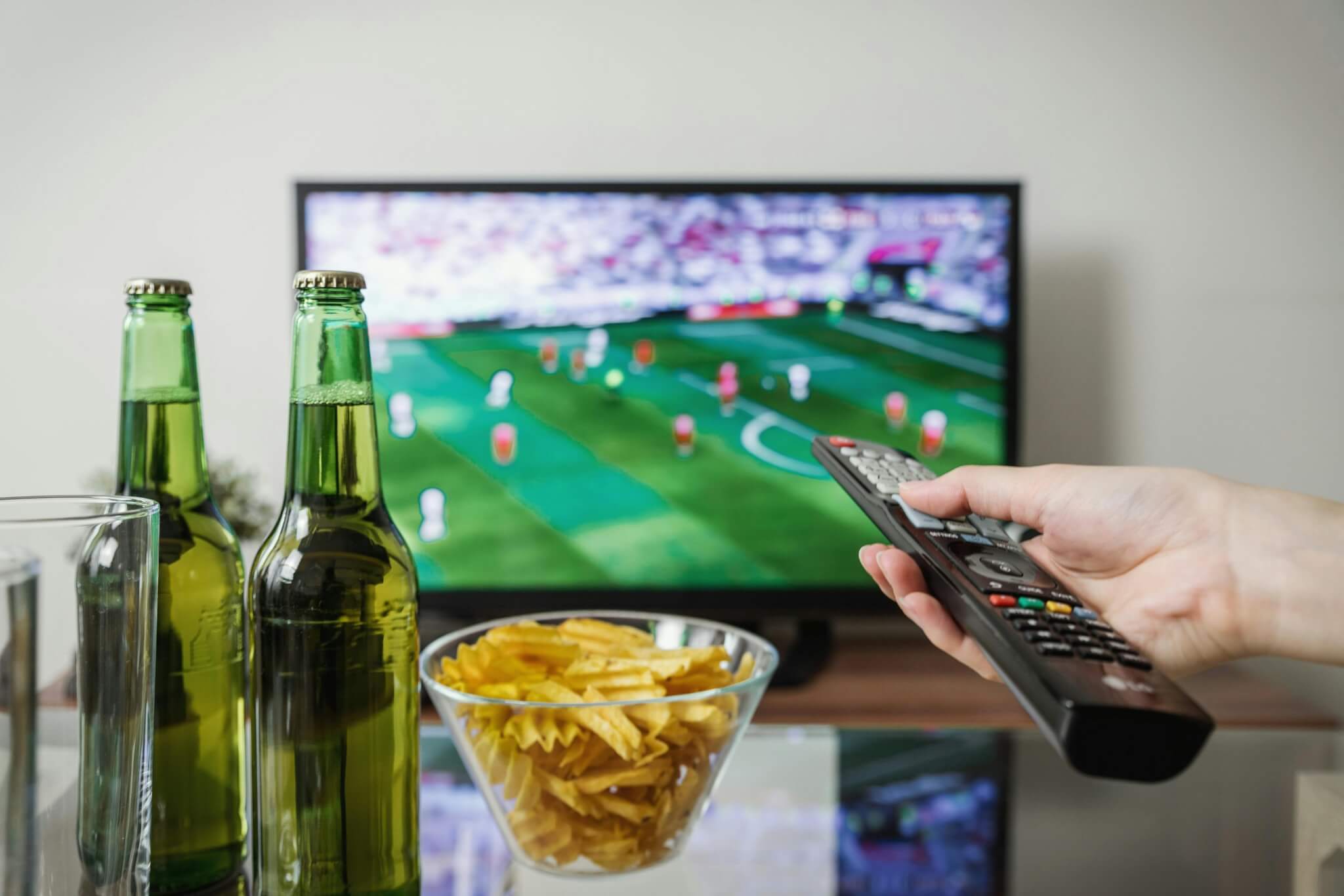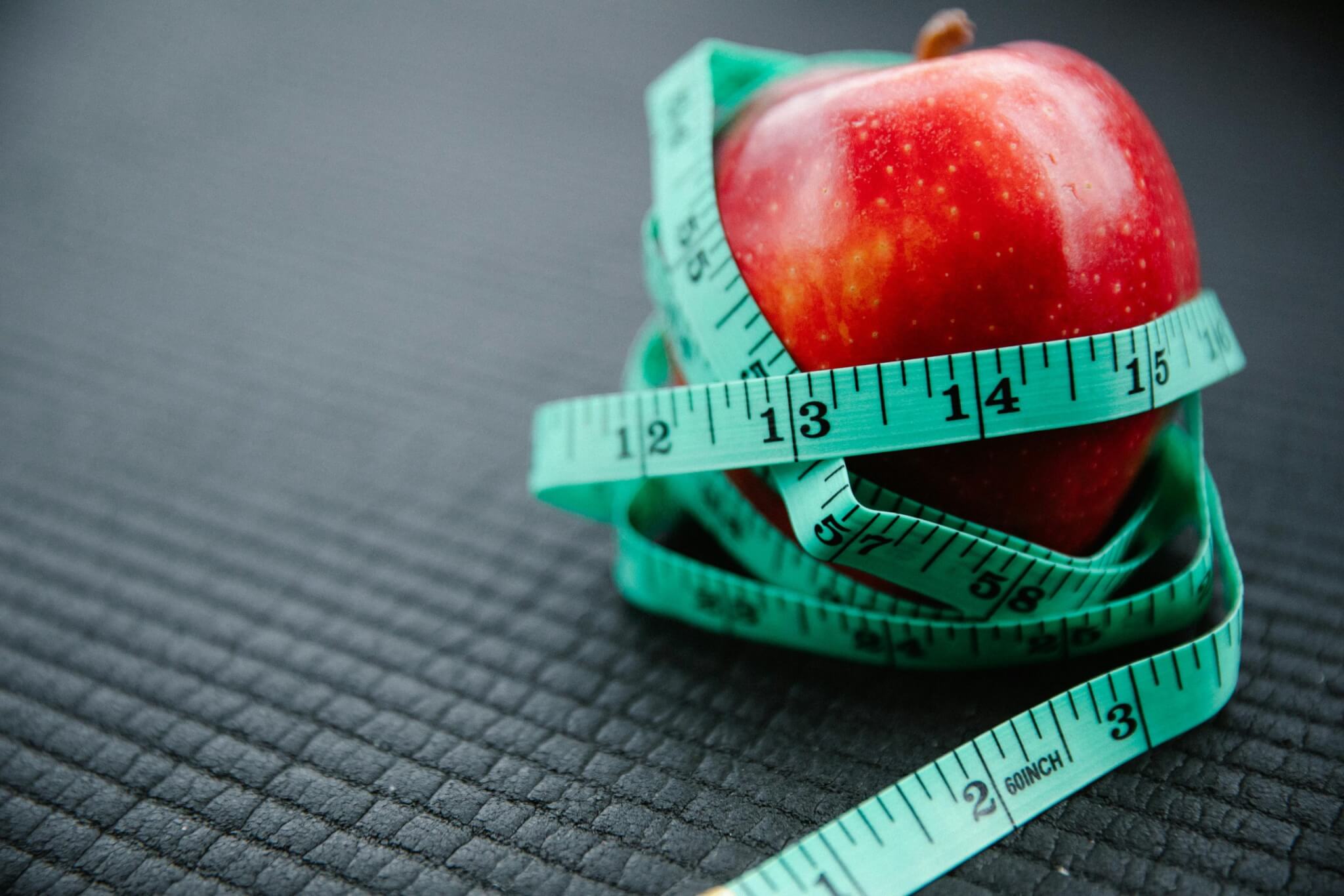Guest blog provided by Aradhana Pandey
The term “generation gap” is not solely restricted to cultural and moral differences between you and your kids. Parents and children are increasingly separated by contrasting lifestyles and food habits as well. The older generation grew up with limited, but healthier choices of food and spent our days sweating it out with outdoor sports, going on treks and riding bikes in the neighbourhood. Younger people, on the other hand are spoilt for choice with unlimited options of fast food chains cropping up at every nook and corner of every street. Even though your kids may be actively involved in sports and other physical activities, their preferences of calorie laden junk foods over nutritious foods could put them at a risk of obesity and overweight. In the USA post the 2010 Healthy Hunger-Free Kids Act passed after Michelle Obama’s campaign against childhood obesity, many schools in the United States have upped their nutritional standards and started to offer more servings of fruits and less salt, sugar, saturated fat and processed foods during lunchtime. Sure, that might be helping a great deal, but who’s keeping a strict tab on the foods your kids indulge in outside of school? Are you?
The Center for Disease Control and Prevention estimates that 17% of children and adolescents between the age group of 2-19 years are obese. Yes, that’s surely an alarming statistic given the growing standards of education and awareness about healthy living and lifestyle related health problems. Children who are obese are not only prone to health problems like diabetes, cardiovascular conditions and high blood pressure, but also experience social anxiety, low self-esteem and depression. The increased indulgence in fast foods causes children’s poor academic performance, according to a recent study by Ohio State University.
During a child’s early, formative years, a lot of eating habits and food preferences take shape. How often has your little child insisted that you buy him the “treats” he sees in the advertisements that he watches on TV, and how often have you actually given in to his demands? Research shows that the time spent watching TV is directly proportional to the rate of childhood obesity. The article further suggests that advertisements that target children are exploitative in nature. They urge impressionable kids to pester parents and influence their purchase decisions.
It is important that parents inculcate good eating habits in children starting from an early age. The best and the most effective way to do this is by involving your children in the doing things like helping with food preparation and choosing wholesome family meals. Take your child to the supermarket and ask him to pick out the vegetables and fruits he likes. Teach her about the benefits of health eating but not in a way which risks creating anxiety, of course. The more involved your child is in the entire process, the more receptive he will be to adopting healthy eating habits.
While you ensure your child enjoys a healthful diet, be also mindful of her physical activity and sleep, as these factors are also closely linked to obesity. Harvard School of Public Health encourages children to get at least 60 daily minutes of physical movement and about 12 to 14 hours of sleep between 1-3 years of age; 11 to 13 hours between 3–5 years of age; 10 to 11 hours between 5–12 years of age and 8.5 – 9.25 hours of sleep for adolescents. This means not having a TV in the bedroom which we know is linked to stress.


